
Home » Different Models & Ideas for Supporting and Encouraging Juniors in the Sport of Dogs!

The sport of dogs is ever-changing, but currently, we are at a bit of a tipping point where we have many dog show participants, breeders, judges, etc., sunsetting out of the sport. There are many reasons for this, although they are not the point I want to address here. Instead, I want to bring forward some ideas on different models and ideas for getting more Juniors involved in our sport.
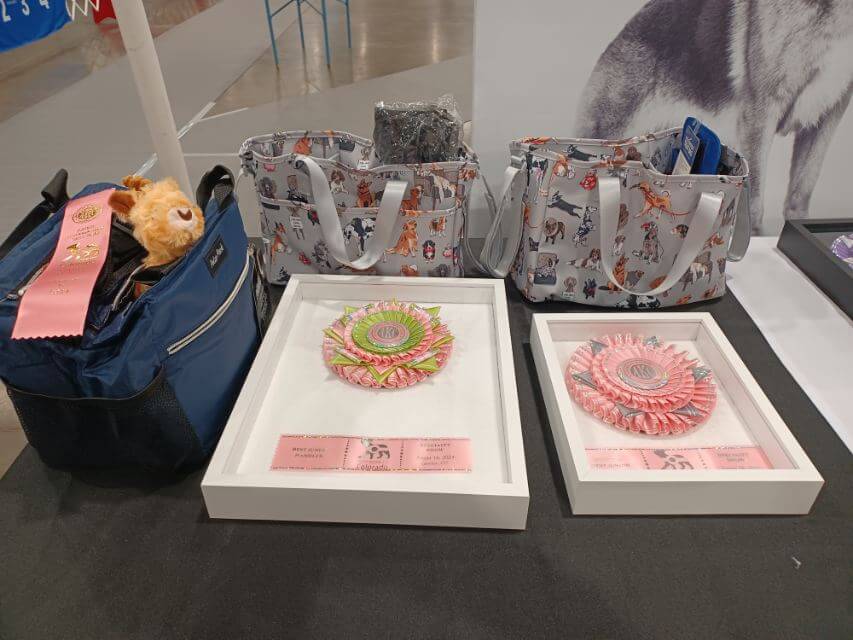
This, in my opinion, is a critical place where we must bring in Juniors! All clubs need more members and volunteers, and Juniors (and their parents) who are not part of clubs are not as likely to stick with the sport and help to carry clubs and the sport forward. Here are some things that local dog clubs can do for Juniors:
a. Make sure your club has a Junior Membership option. IMHO, Junior Membership should be free or a minimal fee of maybe $5. (Hopefully, in addition to the Junior Member, parents or mentors of Juniors will join and participate in clubs.)
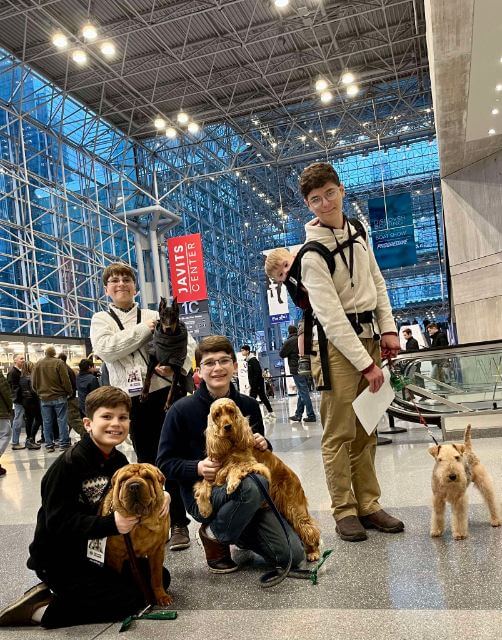
b. Remember to invite and involve Juniors at meetings, by seeking their input and ideas on shows, activities, events, etc.
c. Try to offer free or reduced rates to Juniors on other things. Training classes could be free for Juniors, maybe even with a free Junior area for grooming, or just offer reduced rates for dinners, seminars, etc.
d. If financially viable, please consider developing a Junior Scholarship program. (And, as I have written and suggested before, it should be for more than a Best Junior win from going around the ring in left-handed circles; put some other good requirements in it).
e. Please try to have nice ribbons and prizes! (And I like to have Junior snacks!)
f. Add some type of Junior Education at your show. It can be in a separate area, like a Look ‘N Learn (think 4-H boards), or tables with information and handouts ringside.
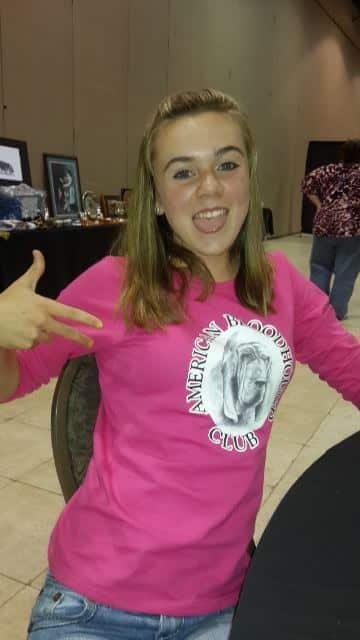
g. Think about timing/scheduling. Many Juniors and parents like Junior Showmanship to take place near lunchtime, as it helps to avoid Breed conflicts. And try not to overlap with Groups.
h. You should have a Junior Coordinator (an adult in your club who is passionate about Juniors). This is the go-to person to promote Juniors, help with program development, etc.
i. A newer idea is having a Junior Representative or Delegate. This would be a Junior, not an adult, someone to be invited to board meetings and, though not a voting board position, be given a voice to speak on not just Junior matters but also provide general input on the club and its events. A seat like this will help them better understand the mechanics of a dog club/board and maybe inspire them to serve in the future after finishing Juniors.
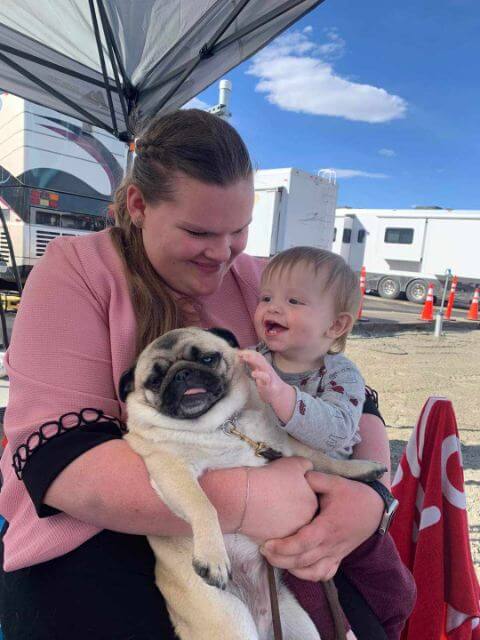
Please note: There are seven states that prohibit youth/minors from serving on non-profit boards. They are Colorado (my state), Florida, Georgia, Nevada, New Jersey, Pennsylvania, and Utah. This means you can have Junior Members, but you cannot have Junior Board Members. To best understand and comply with your state’s laws, read your state statute or reach out to your club’s legal representative.
This is another very important area where we really have to have Juniors get involved. Yes, we now have the requirement that Juniors can show any dog in Junior Showmanship and not own it; but we need them to want to, and put time in to learning the breeds that they are showing. (Otherwise, in my opinion, we are sending the wrong priority; that just showing counts.) Here are some things that breed and parent clubs can do for Juniors:
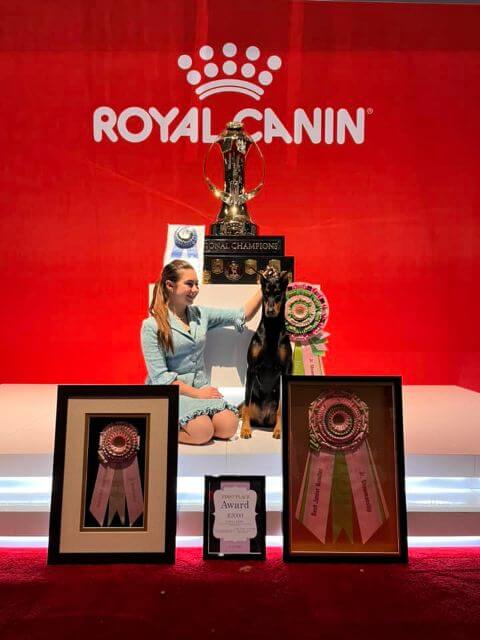
a. All suggestions for the Local Dog Clubs can be applied, but there are other things!
b. The biggest thing is to consider timing, since Juniors have school. Try not to have Junior Showmanship on a school day.
c. Consider having Junior Showmanship at a special time. Maybe it takes place before your Top 20 or at some other special highlighted time slot in your overall national or regional schedule.
d. Big ribbons and lots of Junior swag are a delight for Juniors. (Sadly, my granddaughter attended a national, not that long ago, that did not even have a ribbon, so it does get overlooked by some clubs and boards.) Please, even if you have one or two Juniors, do this up, and try to think of how special you would make it for your child or grandchild!
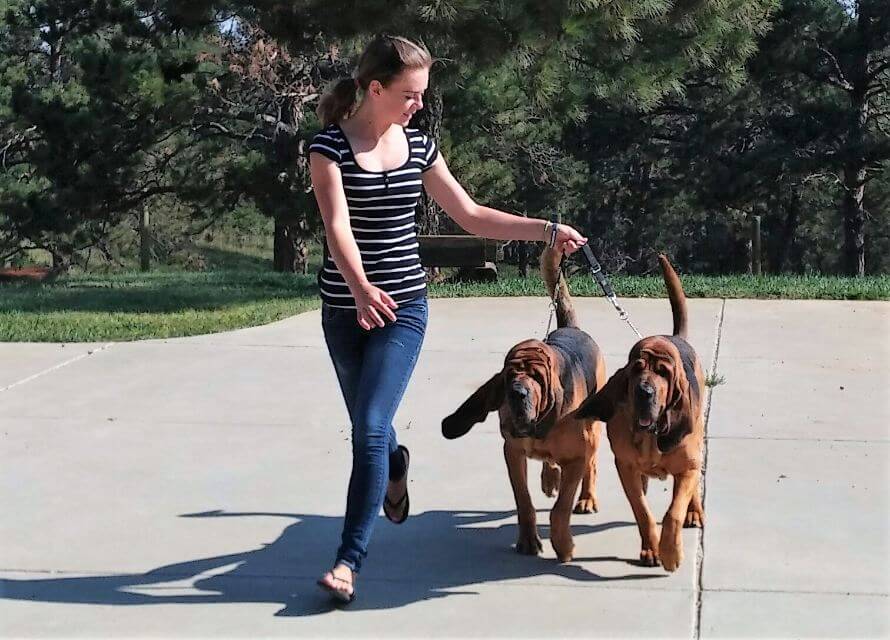
e. Have some type of Junior recognition for each Junior showing in your breed. Some clubs do ribbons with Junior names on them, other clubs do affordable plaques, and some will get them shirts or jackets. Do what you can, it will become a cherished item!
f. A breed club should be the place for breed education. Savvy clubs invite and welcome Juniors to participate in all that they have going on; other clubs create special Junior Education Clinics. (And please, not just handling; remember, we need more than left-handed circles to be learned.) How about grooming, or maybe just give each Junior, for free, a breed Illustrated Standard? (Yes, I know clubs may typically sell these, but help your Juniors become more knowledgeable about their breed; do not assume their parents have or have read the Standard.)
g. If financially viable, consider a stipend program for the AKC National Championship or Westminster. This should be an application process, and again, put some requirements in it. Maybe the Junior needs to work your breed booth or write a report or article. Of course, be fair and neutral, and consider the number of Juniors who might request a stipend.
h. Please don’t allow Junior favorites in your club. All Juniors must be supported equally, not just the board’s kids or grandkids. (And trust me, favoritism can and does happen!)
This entity should be a legitimate non-profit with a direct purpose of supporting, educating, and encouraging Juniors. You can think of it like your State or Regional Dog Federations, where it is a bit of a club of clubs. There is one current model in Colorado, the Colorado Junior Handlers Educational Foundation, dba/aka Colorado Junior Foundation. Here are some things that can be done through a Junior Foundation:
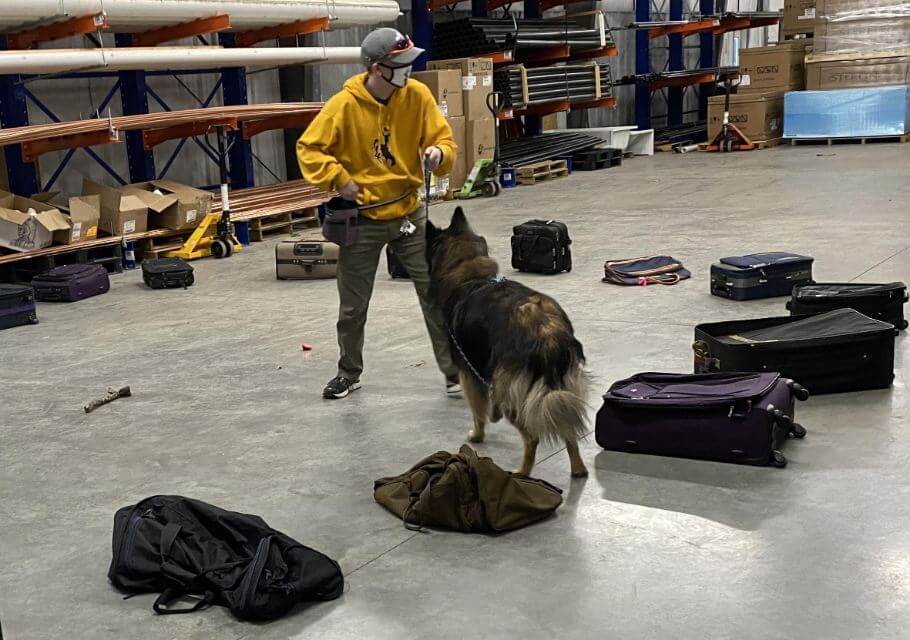
a. Organize a larger Annual Junior Event, something like a Junior Showcase or a Best of the Best Junior, that extends beyond one weekend of shows.
b. Involve (or try to involve) all area dog clubs to work together. Overall, this is a very needed thing in the sport of dogs, and I like to tell people that if we cannot work together for Juniors, we probably can’t work together on anything.
c. Provide additional programs and scholarships; Colorado has these two currently:
• Junior Sportsman Award & Scholarship. This is a much higher-level award that is bestowed through an application process and requires volunteering, club membership, community involvement, etc.
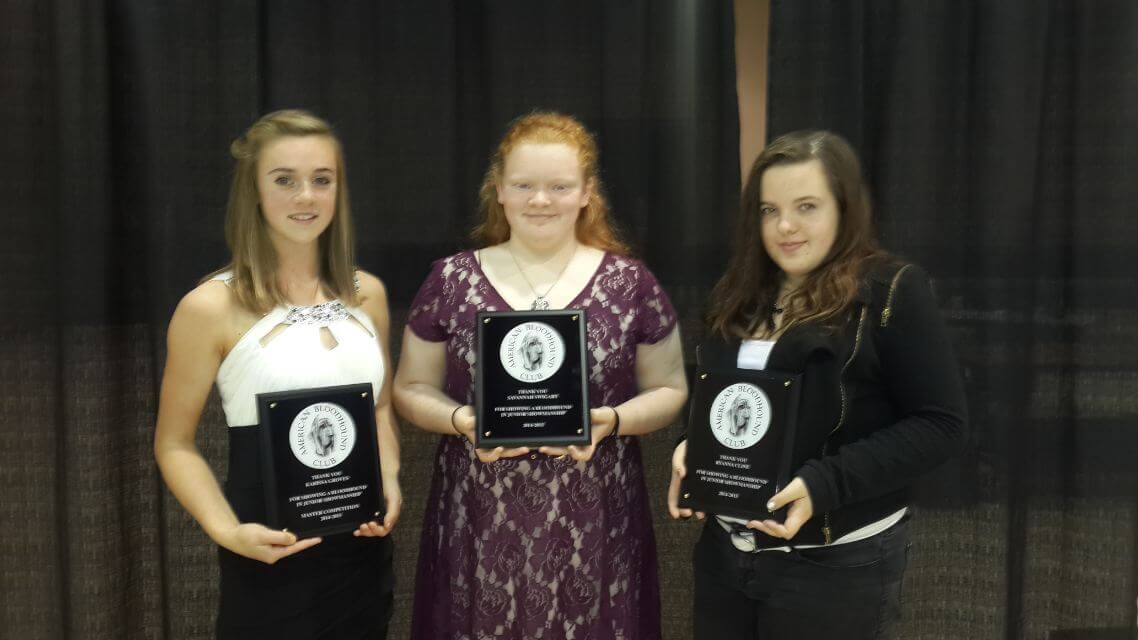
• Junior Choice Award & Scholarship. Here, the Juniors vote on who among them is the best. It is just one way to try to get kids to think beyond their own wins, and to be better sportsmen and women, and it is not, at all, determined by adults.
• More information on these two awards can be found at: www.ColoradoJuniorFoundation.org.
d. Offer other events and activities just for Juniors:
• Educational Seminars (health topics or maybe former Juniors come to speak)
• A day to help them get Back-End Titles (Fit Dog, CGC, whatever works)
• Fun Ribbon-Making Activities (using their ribbons to make bigger rosettes)
• Be creative, just do something!
Another note: Unlike a typical dog club that is not a formal non-profit, a foundation is a formal non-profit and it allows you to solicit and receive donations from businesses, banks, malls, local philanthropists, and more, which will be tax deductible for that organization.
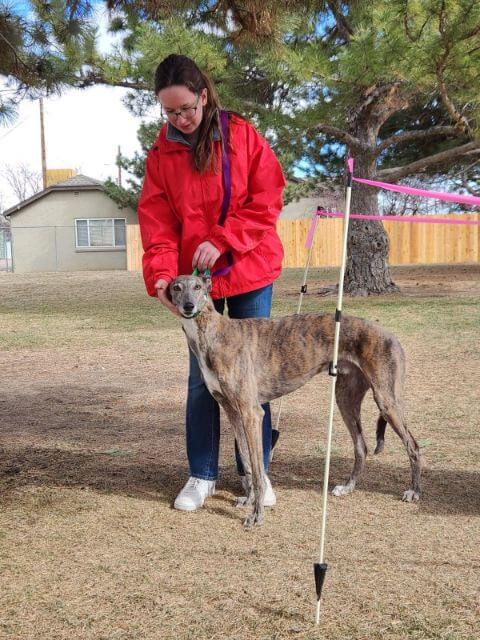
Here are some things that can be done to develop an All-Juniors Dog Club:
a. First, your state must allow minors to serve on a board; and remember, Juniors age-out
b. Second, and a more important consideration, is to be sure to have an outstanding (and large) pool of Juniors who are ready, willing, and able to lead.
c. Of course, if you do not have enough Juniors to do this, a better option will be to get Juniors to join your local existing dog clubs (those that need members and volunteers).
These are some of my suggestions. I just hope you and your club tries something to better engage and support Juniors. And, if I can ever be of any help to you, just reach out.
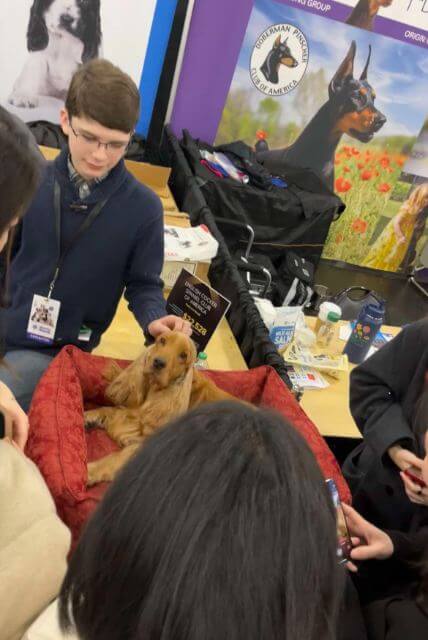
Marlene Groves